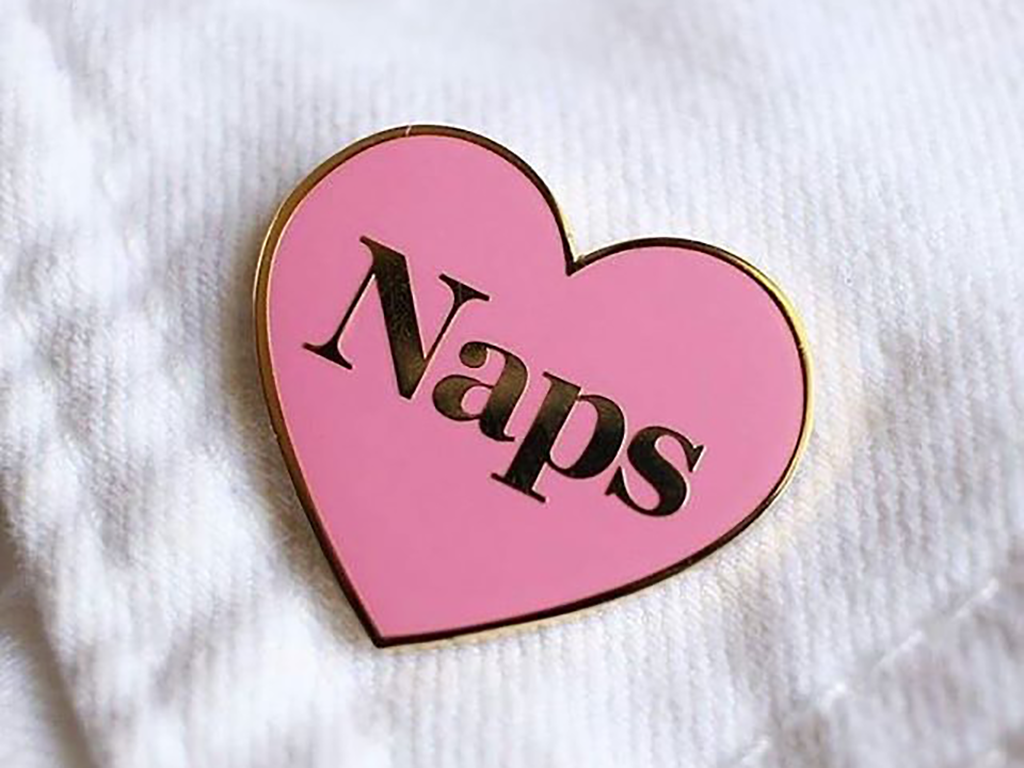
As countries around the world crack down with guidelines for social distancing, isolation and quarantine, many of us are struggling to make sense of our new normal.
Despite the hilarious (and necessary) viral content making light of this surreal global lockdown, the COVID-19 pandemic is a traumatic event impacting everyone’s lives. We are grieving the life we once knew and attempting to accept a reality that will forever be altered. We feel desperate for answers and hopeless when we realise there are none. We’re worried about our health, the economy, our jobs, financial security, the environmental impact, and of course, the fate of those who are most at risk.
The stress of COVID-19 has forced people into their homes and onto social media. In an effort to stay connected, users around the world are taking to Twitter, YouTube, Instagram and blogs to share their experiences during this time.
Amongst the grief, confusion and anger, there’s one common thread that seems to tie us all together: everyone feels tired.
Like really, really tired.
For weeks, users across the internet have been reporting increased levels of exhaustion, with many saying they require an afternoon nap almost daily.
And as it turns out, there’s an answer for that! In a viral thread shared over 100K times, Twitter user Kelly of @FaceOfBoaz says it boils down to trauma response.
“Do you want to know why you feel so tired, even though your daily activity load is decreased?” she writes. “It’s a trauma response.“
She explains that this response is common for those who have experienced ongoing trauma and your body’s only defense left is avoidance. “So be kind to your body who needs a few extra naps right now,” she finishes. “You’re coping and you’re healing.”
While we prefer to err on the side of caution when it comes to Twitter “doctors,” it seems Kelly’s theory might be worth exploring.
The link between trauma and fatigue has long been documented, and while you may not consciously believe the Coronavirus outbreak is negatively affecting you (quarantine and chill can be so fun right?!), your physical well-being might tell a different story.
There are a few reasons why the trauma response can impact your fatigue levels.
According to PTSD UK, your brain can handle up to 50% more stress than your body. When your brain produces more stress than your body can handle, your body essentially “shuts down” and thus you feel exhausted.
Adrenal fatigue is one of the possible reasons for this “shut down.”
In very basic terms, your adrenal glands produce hormones, including the stress hormone cortisol, which is responsible for helping your brain process a current or past trauma. During a traumatic event, our adrenal system kicks in to produce cortisol to help calm our nervous system. “One of the things that cortisol does in response to stress is that it helps contain the catecholamine system,” Dr. Rachel Yehuda, Neuroscientist and Director of the Traumatic Stress Studies Division at the Mount Sinai School of Medicine, told Psychology Today. “It helps bring down the high levels of adrenaline that are released during fight or flight.”
However, prolonged periods of stress (like weeks in quarantine during a global pandemic) can lead to a depletion in the adrenal glands, putting you in a low cortisol state— this is called adrenal fatigue. According to Harvard Health Publishing, “The adrenal depletion would cause brain fog, low energy, depressive mood, salt and sweet cravings, lightheadedness, and other vague symptoms.”
While many medical professionals believe in the adrenal fatigue theory, others aren’t so convinced.
Another very possible reason you may feel unusually tired during stressful times? A hormone imbalance.
When you feel stressed, your adrenal glands release short bursts of cortisol into the bloodstream. The longer you feel stressed, the higher your possible cortisol levels. This can lead to a hormone imbalance. “When patients come to me for hormonal imbalance, the root cause is usually too much cortisol or stress hormone.” Dr. Jane Oh told Healthline.
Symptoms of a hormonal imbalance include memory loss, brain fog, chronic fatigue and hypothyroid symptoms.
Taking steps to lower your stress levels (hard to do in these times, we know!) can help level out your hormones. At-home remedies include changes in diet, exercise, sleep and limiting caffeine and alcohol intake.
Unfortunately, underlying mental health problems may also worsen or manifest during times of extreme stress, such as anxiety and depression.
MQ Mental Health reports that prolonged exposure to stress can impact our mental health and thus energy levels. “Attention, memory, and the way we deal with emotions are negatively impacted. This long-term stress can contribute to both physical and mental illness through effects on the heart, immune and metabolic functions, and hormones acting on the brain.”
Despite all the pressure you’re feeling during this time, be gentle with yourself.
Give your body and your mind the rest they deserve.
Don’t feel guilty for taking care of yourself.
Even if that means taking a nap in the middle of the day after watching hours of Netflix on the couch.
Take that nap, girl.


